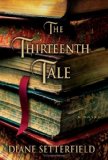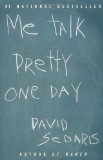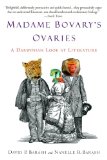A quiz via Waterfall:
| What Kind of Reader Are You?
Your Result: Literate Good Citizen
You read to inform or entertain yourself, but you’re not nerdy about it. You’ve read most major classics (in school) and you have a favorite genre or two. |
|
| Dedicated Reader |
|
| Book Snob |
|
| Obsessive-Compulsive Bookworm |
|
| Fad Reader |
|
| Non-Reader |
|
| What Kind of Reader Are You? Create Your Own Quiz |
|
That’s probably pretty accurate, but I take issue with the notion that I’m not nerdy about it.





